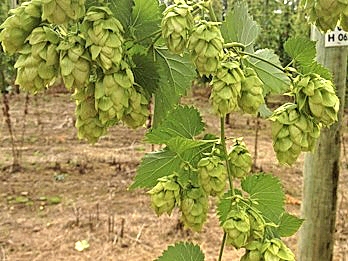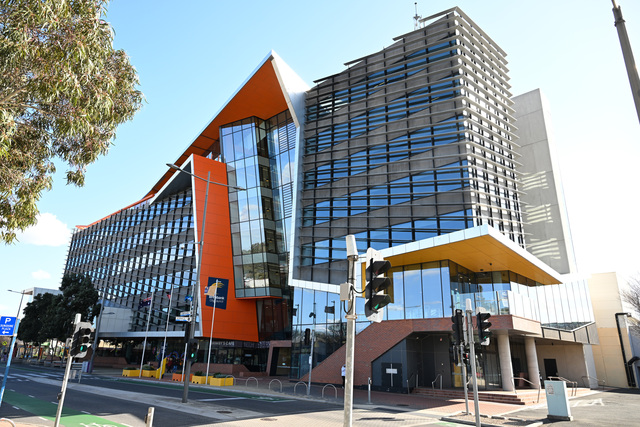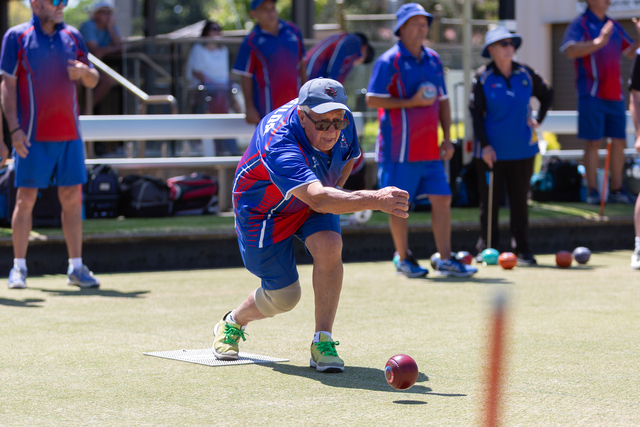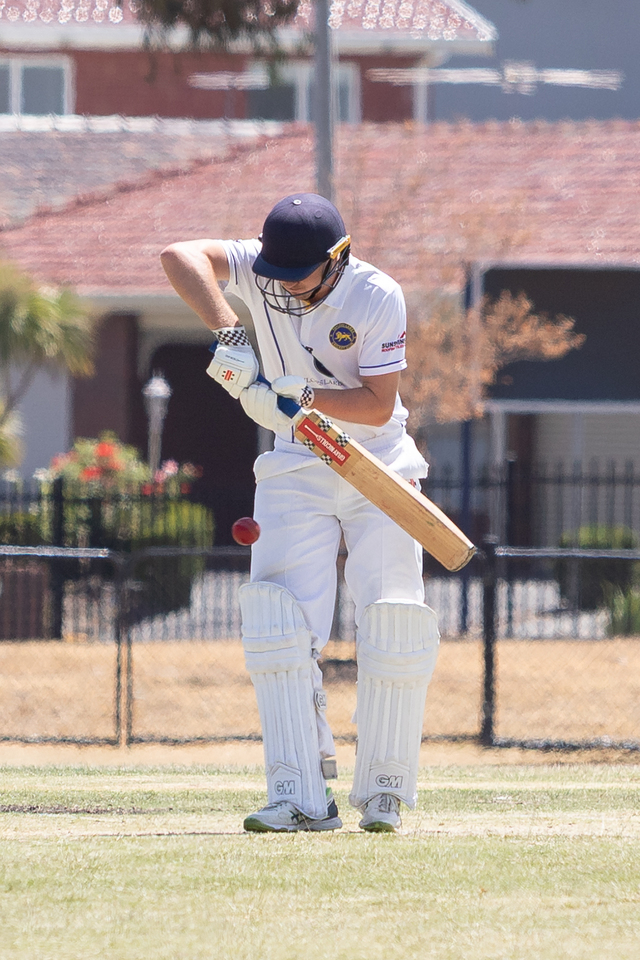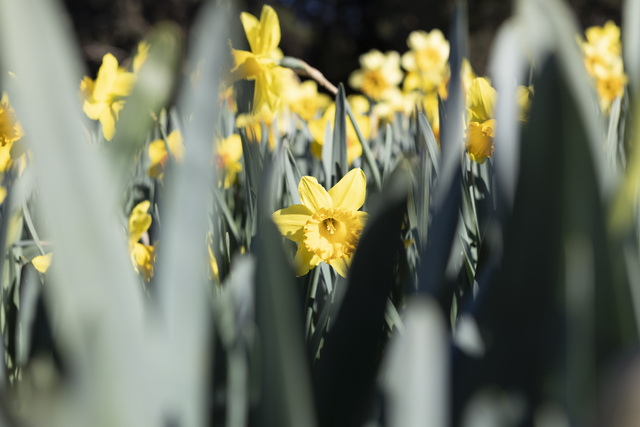When it comes to beer, there are hops and there are hops. It’s fair to say you’d have to be quite the beer boffin to be able to pick the difference between Galaxy and Nelson Sauvin or your Pride of Ringwood in a beer, but, boy, do hops make a difference to a beer’s character.
“Different hops bring different characters to beer,” says Cascade’s head brewer, Mike Unsworth. “Some are good at imparting bitterness and others contribute more to the flavour and aroma of a beer. It’s all to do with the chemical components that are contained within the hops, particularly in the glands.”
Hops are added at different stages of the brewing process – for bittering at the start and for flavour and aroma towards the end – and often different hops are chosen for the characters they bring.
“In hops that are good for bittering, you have what are known as alpha acids, and when they’re boiled up they impart a lot of bitterness,” Unsworth says.
“What actually happens is that during the boil [of the brew] the acids change. The heat that’s imparted in the brew makes them more bitter. It’s a process known as isomerisation, where the acids become a more bitter compound.”
Bittering hops are added at the start of the boil as heat and time are needed to achieve maximum bitterness.
“On the other hand, contained within some hops are more volatile components and they contribute to flavour and aroma,” Unsworth says. “These are things that boil off. Add them too early and you end up blowing most of their characters out the chimney.”
While Foster’s may be Australia’s best- known contribution to the world of beer, our development of a couple of hop varieties – Pride of Ringwood and Galaxy – may be our most important.
“The Pride of Ringwood hop that was developed in the 1950s is probably the best
truly bitter hop and is used worldwide,” Unsworth says.
He says Cascade first used Galaxy hops in its seasonal First Harvest, a beer that uses fresh hops, picked on the day the brew starts.
Cascade works with Hop Products Australia – which has been farming hops in Tasmania for more than 150 years – on its First Harvest beer as a testing ground for new hop varieties.
“The Galaxy hop was first used in First Harvest in 2006, when it was an experimental hop,” Unsworth says.
“We use all experimental hops in First Harvest. We had a good result with Galaxy
and it has gone on to become a major commercial variety.
‘‘We now use Galaxy in a couple of beers. And it’s quite an unusual hop; it’s quite bitter, but it’s also got a strong aroma.”
Cascade releases its 2014 First Harvest this week, and I was on hand for the picking of this year’s three experimental hops: Brooker for bittering, Argyle for flavour and the aromatic Macquarie.
Later that day, I added the Argyle hops to the flavour stage of the 20,000-litre, limited-edition First Harvest brew.
Who knows, one of those new hops may go on to be the next big thing in beer.
Ben Thomas travelled to Tasmania as a guest of Cascade.

